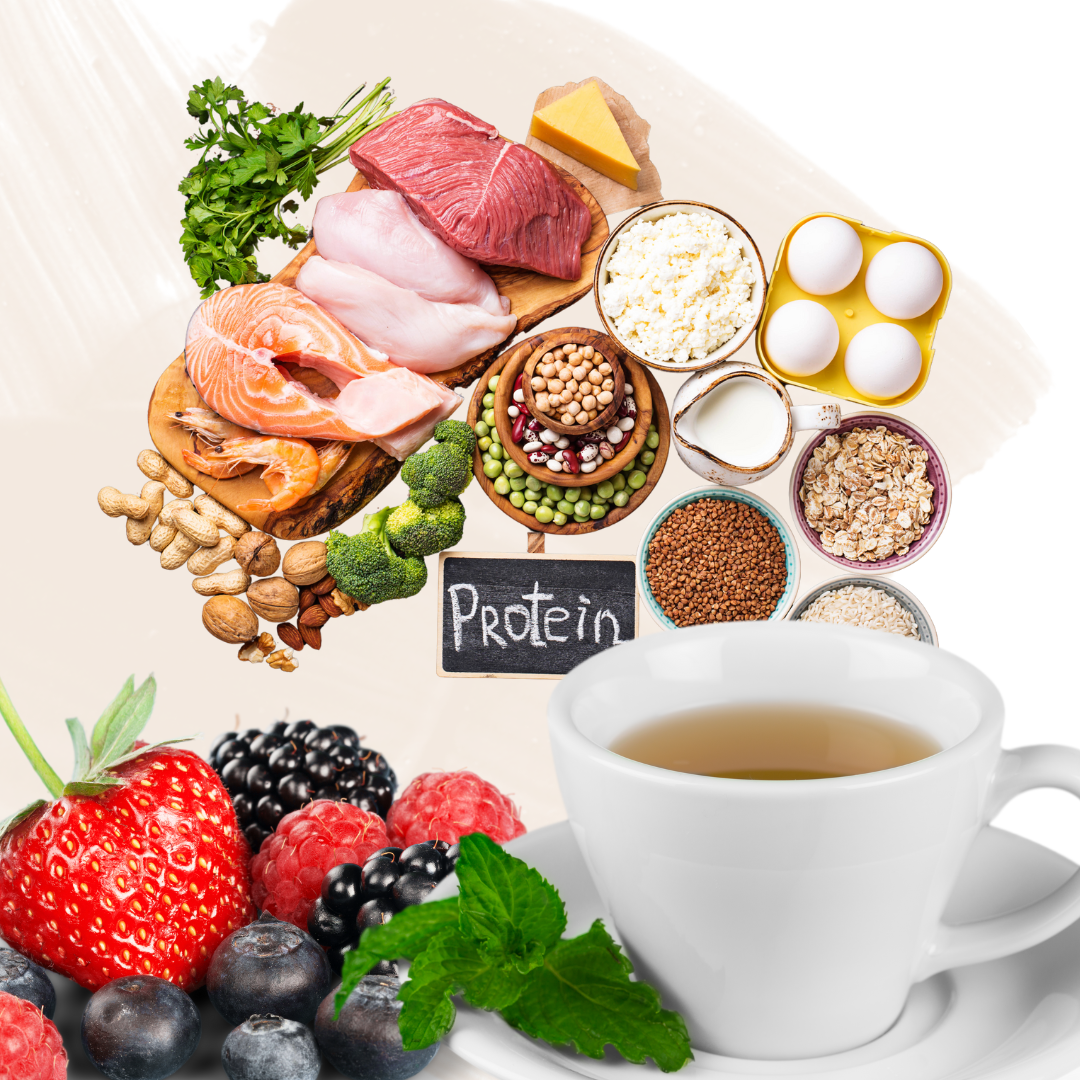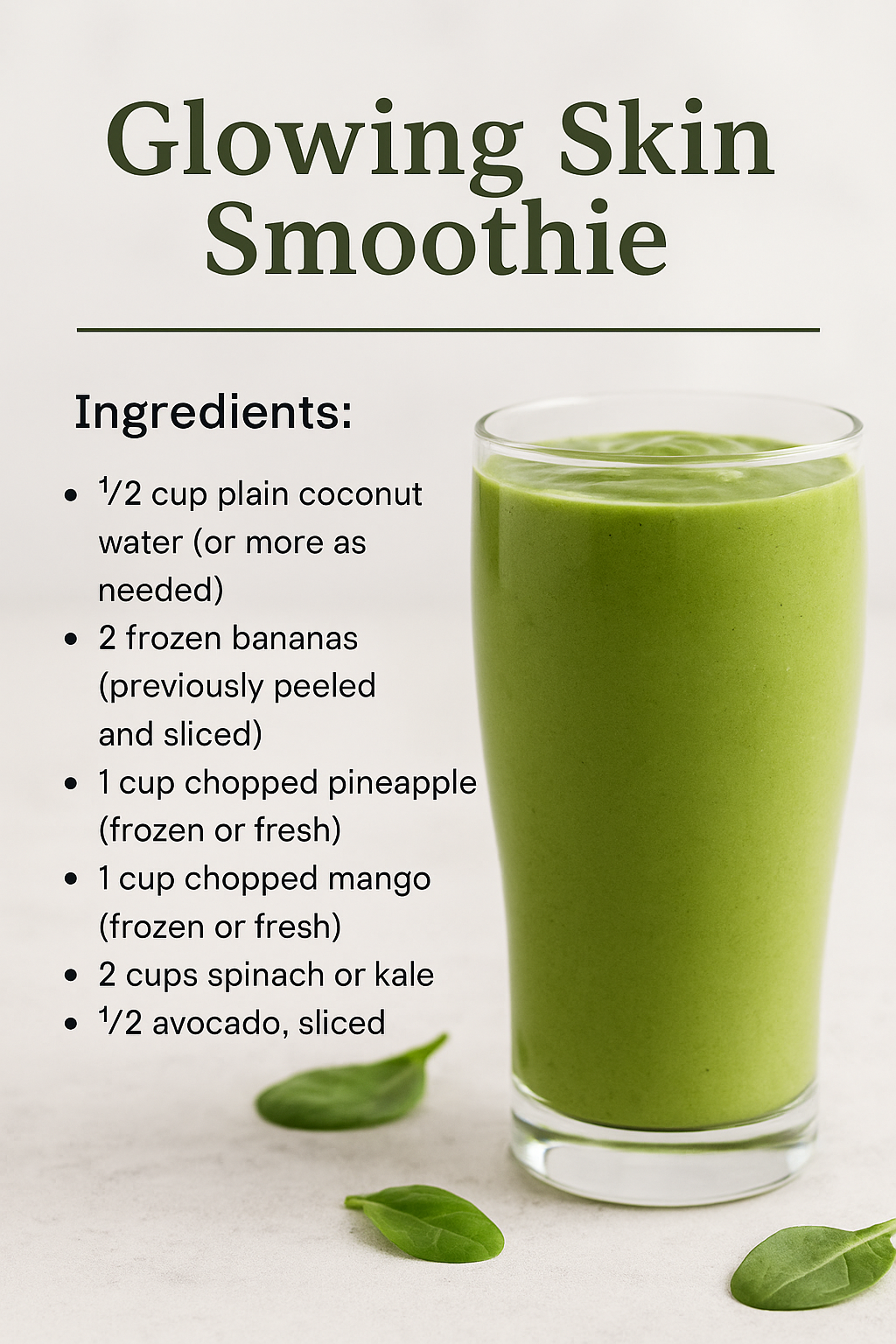Why Tiredness Happens and What Your Body Is Really Asking For
Tiredness is one of the most common symptoms people come to see me for. And the truth is, most people don’t realise how deeply their
energy levels are connected to digestion, hormones, stress load, sleep quality, nutrient absorption, the gut, and even their emotional
world.
Fatigue is not a flaw or a weakness.
It’s a message.
It’s your body quietly saying, “Something here needs support.”
Before we can fix tiredness, we need to understand where it comes from — because true energy isn’t created by pushing harder;
it’s created by listening more closely.
Let’s look at the most common drivers of fatigue and how we can support the body back toward steadiness.
1. The Nervous System: Stress Exhaustion
One of the biggest causes of tiredness today isn’t physical — it’s emotional and neurological.When the body is in stress mode, your system is constantly releasing adrenaline and cortisol. This is fine for short bursts. But when it becomes your daily baseline, your body eventually shifts into what I call tired-and-wired mode:
- mentally fatigued
- physically tense
- difficulty switching off
- poor sleep
- cravings
- emotional sensitivity
- gut reactivity
- afternoon crashes
Simple nervous-system supports help immediately:
- slower meals
- gentle evening routines
- less screen stimulation
- breathwork
- fresh air breaks
- grounding movement like walking or stretching
2. Sleep That Isn’t Actually Restorative
Most people assume tiredness comes from “not enough sleep,” but more often it’s about poor-quality sleep. Even if you’re sleeping 7–8 hours, your nervous system may be too activated to drop into deep restful states.Signs of low-quality sleep include:
- waking unrefreshed
- waking multiple times
- heavy dreaming
- feeling exhausted mid-morning
- craving sugar or caffeine
- irritability
To improve sleep quality:
- reduce screens 1 hour before bed
- avoid heavy meals late at night
- support magnesium levels
- create a wind-down ritual
- keep consistent bedtimes
- calm the nervous system in the evenings
3. Blood Sugar Imbalance — The Hidden Fatigue Trigger
If your energy spikes and crashes throughout the day, blood sugar imbalance is likely involved.Symptoms include:
- mid-afternoon slump
- irritability before eating
- brain fog
- sugar cravings
- anxiety or shakiness
- difficulty concentrating
Simple supports:
- include protein with each meal
- eat regular meals instead of skipping
- reduce high-sugar snacks
- focus on whole foods
- walk after meals to stabilise blood sugar
4. Gut Health and Poor Nutrient Absorption
The gut influences energy more than most people realise.If digestion is sluggish, inflamed, or imbalanced, your body struggles to absorb the nutrients that create energy — including B vitamins, iron, magnesium, amino acids, and antioxidants.
Common signs of gut-related tiredness:
- bloating
- irregular bowels
- heavy fatigue after eating
- cravings
- skin issues
- brain fog
- poor stress resilience
- chew more slowly
- eat mindfully
- increase fibre
- add fermented foods
- hydrate
- regulate stres
- reduce alcohol and sugar
5. Dehydration — The Quiet Saboteur
Even mild dehydration reduces circulation, slows detoxification, thickens lymph fluid, and makes the brain work harder. Many people mistake dehydration for tiredness.Signs include:
- afternoon fatigue
- headaches
- irritability
- dry skin
- dizziness
- constipation
Add water, herbal teas, lemon water, broths, and electrolytes if needed. Hydration alone can transform energy.
6. Hormones — Especially for Women
Hormonal shifts impact energy dramatically. Women often feel:- premenstrual fatigue
- mid-cycle slumps
- tiredness during perimenopause
- energy dips related to thyroid function
- cortisol rollercoasters
Supporting hormones includes:
- balanced meals
- stress reduction
- gut support
- movement
- vitamin D
- magnesium
- steady sleep routines
7. Micronutrient Deficiencies
Low energy can also come from subtle nutrient deficiencies. The most common ones I see include:- iron
- B12
- B6
- folate
- magnesium
- vitamin D
- omega-3
- CoQ10
Supporting the gut first is key — then targeted supplementation when needed.
8. Emotional Fatigue — A Real and Valid Experience
Sometimes tiredness isn’t physical. It’s emotional.- caring for others
- decision fatigue
- grief
- overthinking
- loneliness
- lack of boundaries
- constant giving with little receiving
Emotional exhaustion shows up in the body as:
- heaviness
- overwhelm
- lack of motivation
- brain fog
- poor sleep
- sugar and comfort-eating
Rest for emotional fatigue isn’t sleep — it’s connection, honesty, gentleness, and permission to slow down. Your energy returns when your emotional world has space to breathe.
9. Movement Patterns That Don’t Support Energy
Too much high-intensity exercise can exhaust the nervous system.Too little movement slows circulation and digestion.
The sweet spot is gentle consistency:
- walking
- stretching
- rebounding
- strength training
- yoga
- grounding outdoor time
10. The Liver & Detox Pathways
A sluggish liver leads to sluggish energy.Heavy foods, alcohol, stress, medications, hormones, and environmental toxins all slow liver function. When detoxification pathways back up, you feel it as:
- fatigue
- headaches
- irritability
- bloating
- morning grogginess
- afternoon crashes
Support includes:
- greens
- lemon water
- hydration
- cruciferous vegetables
- bitter foods
- less alcohol
- better sleep
When the liver feels lighter, you feel lighter.
THE GOOD NEWS: Fatigue Is Changeable
The body doesn’t create tiredness to punish you.It creates tiredness to guide you.
When we support the foundational systems — gut, sleep, stress, hydration, hormones, blood sugar, and nutrient levels — energy returns.
Not in a forced way.
Not in a “push harder” way.
In a grounded, sustainable, life-giving way.
Your energy is not gone.
It’s simply asking for support. Read More…
_800x304a.png)
.png)








